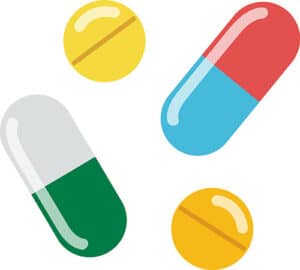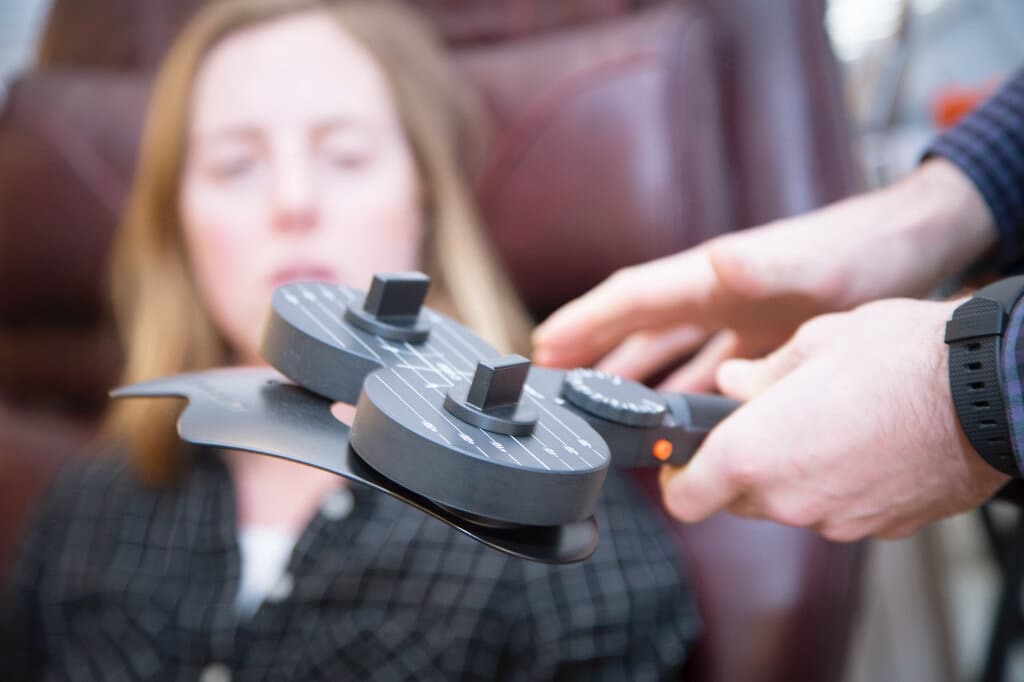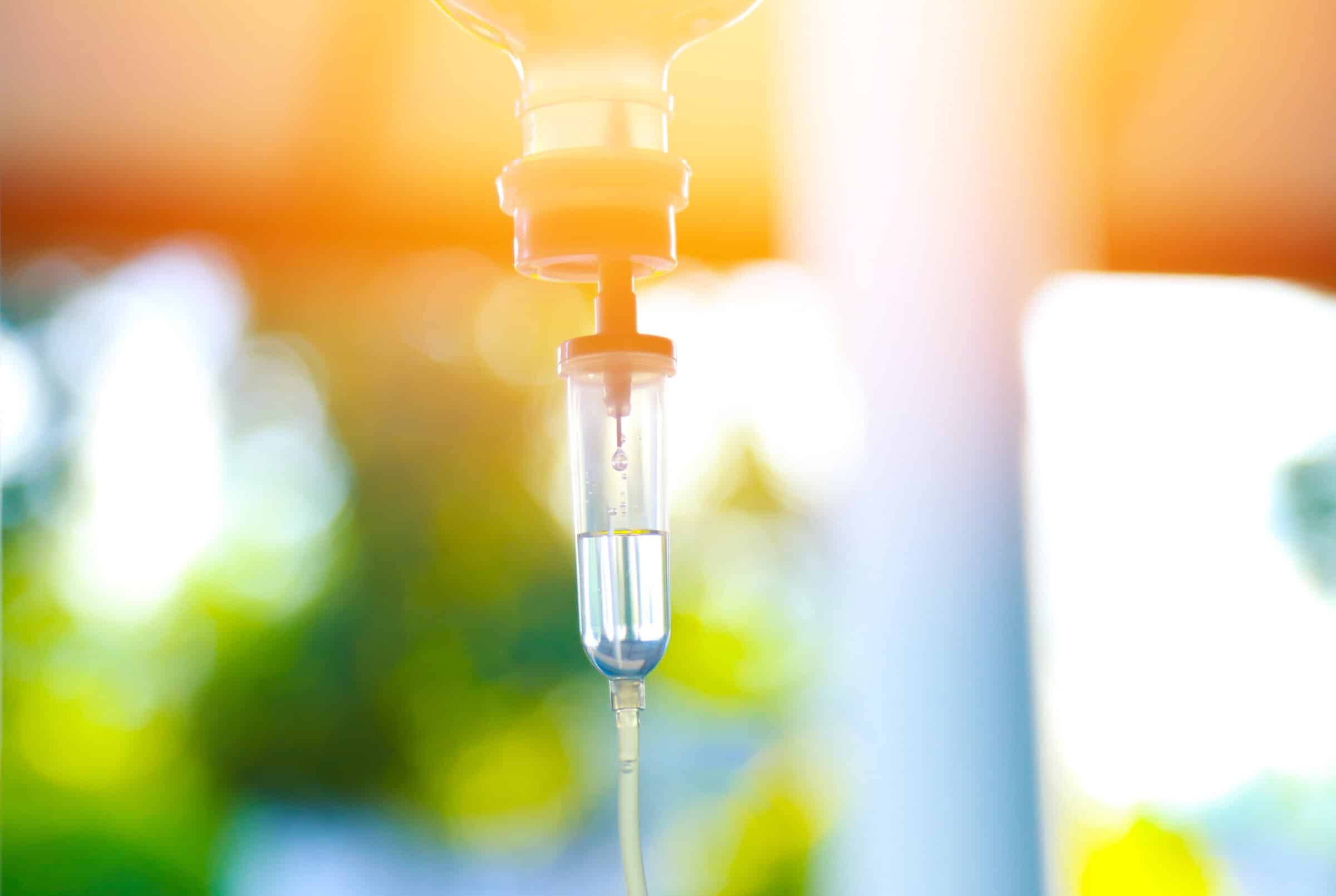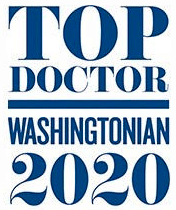The field of psychiatry is constantly evolving, and one area that has shown remarkable progress is the use of Transcranial Magnetic Stimulation (TMS) for treating various mental health conditions. In this blog post, I will take you through the latest updates in TMS, with a special focus on Accelerated Transcranial Magnetic Stimulation (ATMS) and how it’s changing the landscape of psychiatric care.
The Power of TMS:
Transcranial Magnetic Stimulation is a non-invasive procedure that uses magnetic fields to stimulate specific areas of the brain. It has been proven effective for treating major depressive disorder and is showing promise for conditions like anxiety disorders, bipolar disorder, and more.
Recent Advances in TMS:
1. Precision and Personalization:
TMS treatment is becoming more precise thanks to advancements in imaging techniques and neuronavigation systems. These tools allow us to target specific brain areas with higher accuracy, leading to enhanced treatment outcomes and reduced side effects.
2. Theta Burst Stimulation (TBS):
TBS is a newer TMS technique that delivers pulses in patterns resembling natural brain rhythms. This approach has shown to be as effective as traditional TMS but requires shorter session times, making it an exciting development for patients seeking faster relief.
3. Expanded Treatment Applications:
While TMS was initially recognized for its efficacy in depression, recent studies are exploring its potential for a wider range of conditions. These include anxiety disorders, post-traumatic stress disorder (PTSD), obsessive-compulsive disorder (OCD), and more.
4. Combination Therapies:
TMS is increasingly being integrated into comprehensive treatment plans. Combining TMS with psychotherapy, medication, or other interventions can lead to synergistic effects, resulting in improved and sustained outcomes.
Accelerated Transcranial Magnetic Stimulation (aTMS):
aTMS is a novel approach to TMS that aims to achieve rapid and robust responses. It involves more frequent sessions delivered over a shorter period compared to traditional TMS. Here are some key updates in aTMS:
1. Intensive Treatment Schedule:
aTMS typically involves multiple sessions per day over a condensed period, often spanning one week. This intensive approach is particularly beneficial for patients who prefer a faster treatment timeline.
2. Enhanced Treatment Response:
Studies have shown that aTMS can lead to quicker and more pronounced improvements in symptoms compared to standard TMS. This is particularly valuable for individuals in acute distress or those looking for a more accelerated path to recovery.
3. Potential for Broader Use:
While aTMS is currently employed for depression, ongoing research is exploring its effectiveness for other psychiatric conditions. The potential to extend aTMS benefits to a broader range of disorders is an exciting prospect.
Conclusion:
As a psychiatrist, I am thrilled to witness the continuous advancements in TMS therapy, including the emergence of Accelerated TMS. These developments are reshaping how we approach mental health treatment, offering new options for those seeking effective and efficient solutions. Whether it’s the precision of targeting, the innovation of TBS, or the potential of ATMS, the future of TMS is bright, and I am excited to explore these options with my patients. If you’re considering TMS therapy, including ATMS, reach out to discuss how these updates can make a positive impact on your mental health journey.
About the Author: Dr. Navin Reddy, a Yale University School of Medicine-trained psychiatrist, is a Clinical Assistant Professor at George Washington and Howard University Hospitals. As a co-founder of Washington Interventional Psychiatry, he’s dedicated to transformative care. With expertise in complex cases, Dr. Reddy focuses on adults with challenging conditions, including hard-to-treat depression, bipolar disorder, anxiety, and substance addiction. Dr. Reddy is board-certified by the American Board of Psychiatry and Neurology.
About Washington Interventional Psychiatry (WIP):
Washington Interventional Psychiatry is located at 4325 49th Street NW, Suite 200, Washington, DC 20016. Our practice group is comprised of a dynamic team of seasoned clinicians who blend traditional medication strategies with evidence-based, rapid-acting treatments. From transformative options like Ketamine Intravenous Therapy, Esketamine Intranasal Therapy (Spravato), and Ketamine Assisted Psychotherapy (KAP) to accelerated TMS (Transcranial Magnetic Stimulation), our range of interventions is designed to complement or even replace conventional approaches. WIP isn’t just a clinic – it’s a beacon of hope for those seeking effective, rapid solutions to mental health challenges for adults and children. To learn more or to schedule a complimentary consultation, visit WIP’s website or call 202.525.5123.







